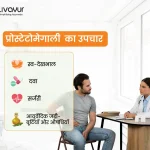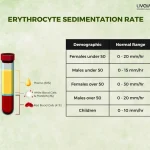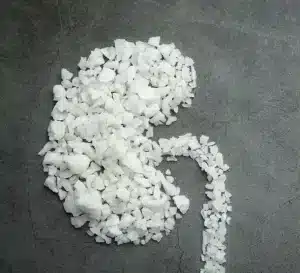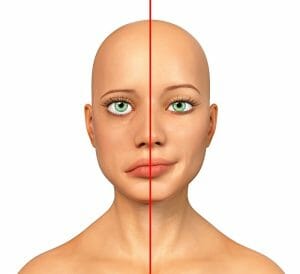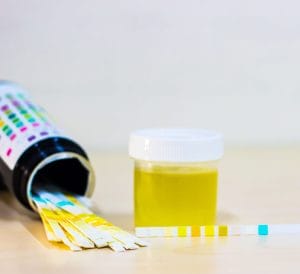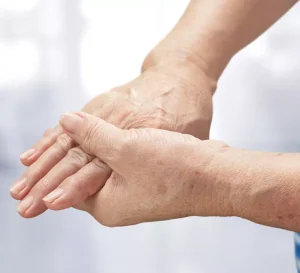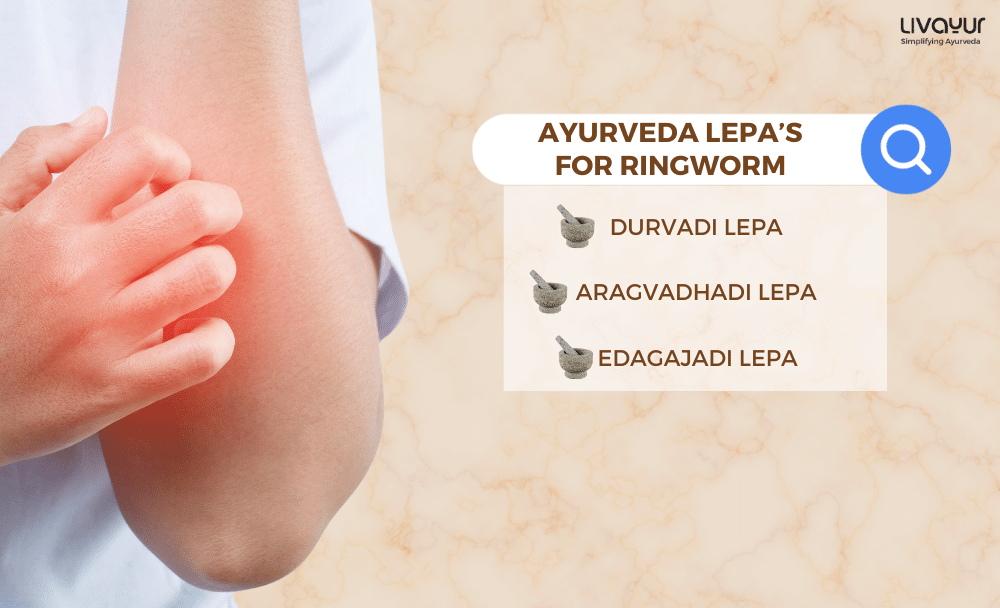
Ringworm, also known as dermatophytosis, primarily belongs to the genera Trichophyton, Microsporum, or Epidermophyton. It is a common fungal infection type that attacks the skin, scalp, nails, and even the feet and groin area in some cases. [3] Despite its name, ringworm infection is not caused by any worm but by various species of fungi and can potentially adversely affect the general quality of life. It manifests itself among individuals of all age groups and is a common affliction among a major part of the world’s population. [1]
Ringworm is contagious in nature and can spread speedily through direct contact with a person or animal infected with the fungus, or through contaminated objects. Ringworm manifests as red, itchy, and scaly patches on the skin, often forming rings, hence the name. [2] This article provides an overview of ringworm, including its nature, ringworm symptoms, causes, ringworm treatment, and precautions to help you better understand and manage this common infection.
What is the nature of ringworm?
Ringworm is an infection that can be easily acquired if an individual comes into contact with or by touching items that have been in contact with an infected person. These could be anything ranging from towels, bed linen, shared surfaces, and clothes, as well as from ringworm infected animals like cats, dogs, and guinea pigs. It is widespread and can manifest as a patch on the skin or several red patches depending on the extent of exposure to the infection.[2]
Ringworm disease thrives in warm and moist environments, making public places like showers, locker rooms, and swimming pools potential sources of infection. Ringworm disease is also likely to occur if you experience frequent wetness, such as from constant sweating or minor scalp, nails, or skin injuries. [3]
What are the symptoms of a ringworm infection?
The ringworm symptoms can vary depending on the location of the infection. However, common ringworm symptoms include:
a) Skin Infections, usually on the face, neck, hands, and feet:
Red, scaly patches with edges that are indistinct
Itching, burning, or stinging sensations
b) Scalp Infections:
Itchy, red patches on the scalp are common ringworm symptoms
Bald spots or hair loss in the affected area
Brittle hair that breaks easily
c) Nail Infections:
Thickening, discoloration, or deformation of the nails
Crumbling or splitting nails
d) Infection in the groin area:
Has a reddish-brown appearance
May extend from the groin down to one or both thighs [3]
What are the causes of Ringworm?
Ringworm is caused by various species of fungi known as dermatophytes. The most common types responsible for human infections include Trichophyton, Microsporum, and Epidermophyton. Factors that contribute to the development of ringworm include:
a) Direct Contact:
Skin-to-skin contact with someone infected with ringworm or an animal that is infected is among the most common ringworm causes.
Sharing personal items such as towels, combs, or clothing can also spread the infection.
b) Environmental Factors:
Exposure to moist, warm environments that promote fungal growth is also counted among the various ringworm causes
Wearing fitted clothes when the relative humidity is very high
c) Weakened Immune System and genetic predisposition:
People with weakened immune systems, or having underlying health issues such as lymphomas or diabetes and those who are immune-compromised, sweat excessively or are aged are more susceptible to ringworm infections. [4]
How can ringworm be treated?
Effective ringworm treatment involves a combination of antifungal medications, good hygiene practices, and preventive measures. Ringworm treatment options may include:
a) Topical Medications:
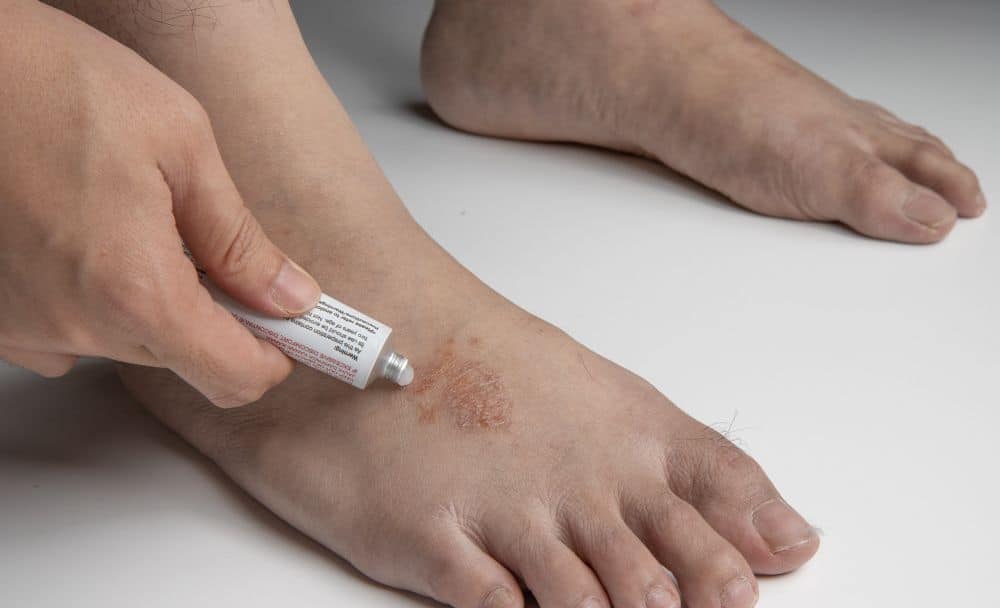
Over-the-counter antifungal and best cream for ringworm, lotions, ointments, shampoos, or sprays can be used as an effective ringworm treatment
- Clotrimazole
- Ketoconazole
- Miconazole
- Naftifine
- Terbinafine
b) Oral Medications:
These include prescription oral antifungal ringworm medicine for severe or widespread infections that topical applications cannot cure. These ringworm treatments may include the following:
- Terbinafine
- Itraconazole
- Fluconazole
- Griseofulvin [4]
c) Ayurvedic medicines:
- Application of Ark taila
- ·Rasoushadhies
How can ringworms be prevented?
Preventing the spread of ringworm and reducing the risk of infection requires adopting certain precautions:
a) Personal Hygiene:
Keep the affected area clean and dry to avoid ringworm infection
Do not share personal items such as clothing, bath towels, or hairbrushes
b) Environmental Hygiene:
Clean and disinfect shared surfaces regularly, particularly in public areas
Avoid walking barefoot in public areas prone to fungal contamination to prevent chances of ringworm infection [5]
c) Animal Care:
Regularly check and treat pets for ringworm with clinical and mycological cure.
Avoid close contact with animals that have ringworm infection until they have been successfully treated.
Clean and disinfect pet bedding, grooming tools, and living areas [6]
FAQs
What are some home remedies to prevent ringworms?
Some common home remedies to prevent ringworm infection include:
1. Applying over-the-counter antifungal powders or ointments
2. Keeping the affected area clean and dry
3. Avoiding tight-fitting clothing and sharing personal items
How to get rid of ringworm permanently through Ayurvedic treatment?
Some common and effective Ayurvedic ways how to cure ringworm fast include:
1. Gandhaka rasayana: This can be used in tablet and powder form as a ringworm medicine
2. Arogyavardhini vati: This is an effective remedy for skin diseases and a great solution for ringworm infection
3. Guggulu tiktaka Kashaya: This helps with inflammatory conditions of the skin and works effectively on the ringworm infection
4. Mahatiktaka Kashaya: This is one of the best medicine for ringworm used to treat a variety of non-healing wounds and a range of skin diseases including ringworm infection
5. Haridra Khand: Yet another popular treatment for ringworm infection, this helps with allergic and itchy skin diseases as well as helps improve skin quality and complexion
Is ringworm a serious issue?
No, ringworm is not a serious issue. It can be treated easily through simple medicated creams or ointments or home remedies.
Conclusion
Ringworm is one of the commonest fungal infections that can cause discomfort and inconvenience, but prompt diagnosis and appropriate ringworm infection treatment can effectively manage the infection. Following good hygiene practices and taking necessary precautions can significantly reduce the risk of ringworm. In this article, we have explored the various symptoms, ringworm causes, and ringworm treatment options in case you suspect a ringworm infection, thus ensuring a better quality of life for yourself.
Disclaimer:
This article is written from a health and wellness perspective and is not medical advice. Kindly seek the help of a certified medical practitioner before initiating any treatment.
References:
- Ringworm Disease- Causes, Diagnosis and Treatment: AMYCOT®, a Novel Natural Treatment for Ringworm and other Tinea Infections
- Analysis and Modelling of Ringworm Infections in an Environment
- Pharmacognostical phytochemical and antifungal activity of Aristolochia bracteolate Lam., in ringworm infection
- Tinea Corporis
- Tinea Pedis
- Ringworm or Dermatophytosis







